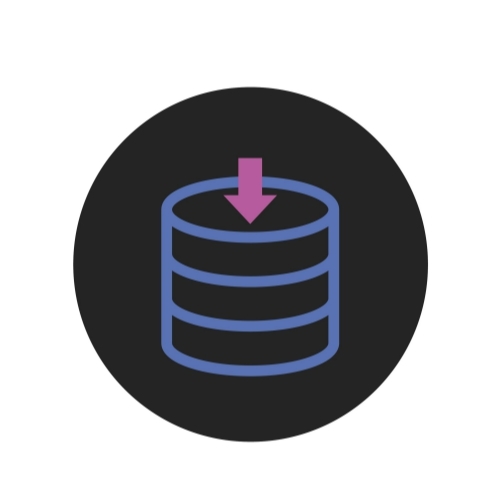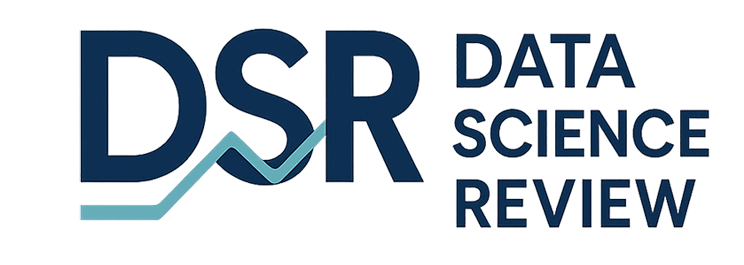If you hold the belief that SQL is an old, stodgy language, getting ready to be put out to pasture, then you may want to rethink your position on it. SQL is a workhorse that is not only likely to stick around for years to come but also it gives you power and flexibility when working with data. This article profiles the top 3 reasons to learn SQL.

Reason #1 - SQL Is a Direct Data Language
Most inquiries from managers or clients require hitting up a company's data stores. For many companies, their data is housed in SQL database engines. Most of these companies have written tools to extract information, but these tools are inflexible. They only handle the information at the time they were programmed.

Often, managers and customers will ask for information that the front-end tools won't provide, or are not set up to give the right answers. When this happens, someone skilled at getting the information directly from the database is needed. For SQL engines, that requires someone with SQL knowledge.
Someone who is skilled at SQL and knows the schema of the database can usually answer most questions within seconds. A well-skilled SQL user can also handle advanced queries, joins, and aggregations quite easily.
Reason #2 - SQL Is Equipped for Big Data
Try loading a spreadsheet with petabytes of data. Spreadsheets are not equipped for these large data demands. But SQL will handle transactions on a large scale.
Of course, it will require optimization for large-scale data, but that would be part of the job description of a SQL engineer or DBA.
Reason #3 - Guess What? Companies Overwhelmingly Ask for SQL Skills
When you scan for jobs relating to data, you'll find a good majority of them ask for SQL skills. That's because these companies have ions of information stored in SQL engines. Even for compliance reasons alone, SQL ain't going anywhere, anytime soon!

Compliance is one factor. But SQL engines have withstood the test of time .They've been around for decades. Most of the kinks are worked out. It's a powerhouse of functionality that will likely improve as time goes on.
Granted, this improvement is tempered as there is only so much improvement that can happen. But even if the course is steady-as-it-goes, that is something companies can depend on.
Bonus - Other Reasons to Learn SQL
Knowing SQL can be a foot in the door. The great aspect of SQL is, at its core, it's relatively easy to learn. While the advance concepts can trip people up (until they get used to them), SQL is created with English-like syntax that is intuitive. It doesn't take much to remember the statements.
Want to retrieve information? Use a SELECT statement. How about saving data? That can be handled with an INSERT statement or an UPDATE statement. What about those instances when you want to remove information from the database? Easy - just use a DELETE statement or a TRUNCATE statement.
I realize this is an oversimplification. But not by much. You can get up to speed with the basics of SQL in a few months or less.
SQL Is NOT Sexy
Many people have skipped learning SQL because everyone wants to be on the "leading edge" of technology. This leading edge today is machine learning, but who knows what it wil be five years' from now.
SQL is a time-tested workhorse that can still address many business problems we face. That's why companies continue to use it. SQL is also being used for distributed computing for big data, such as Spark.
Since SQL is relatively easy to learn, why not add it to your knowledge set? You will not have to worry about not using it when you do learn it. Once your organization discovers that you know it, it is highly likely that skill will be put to use.

